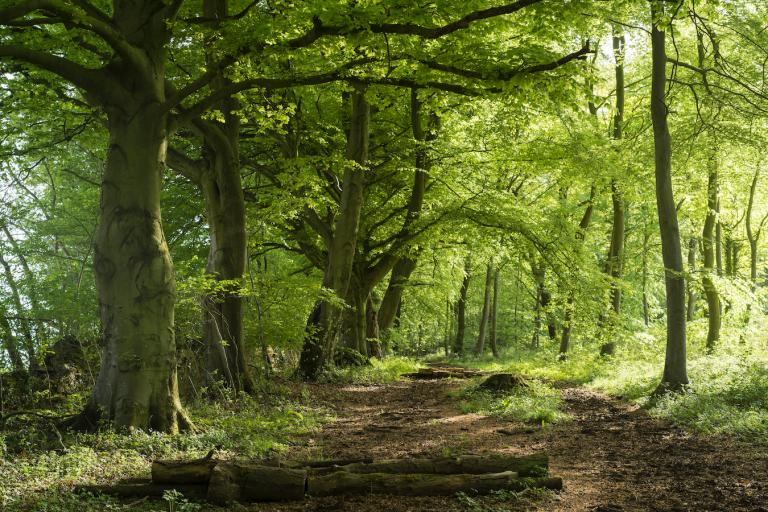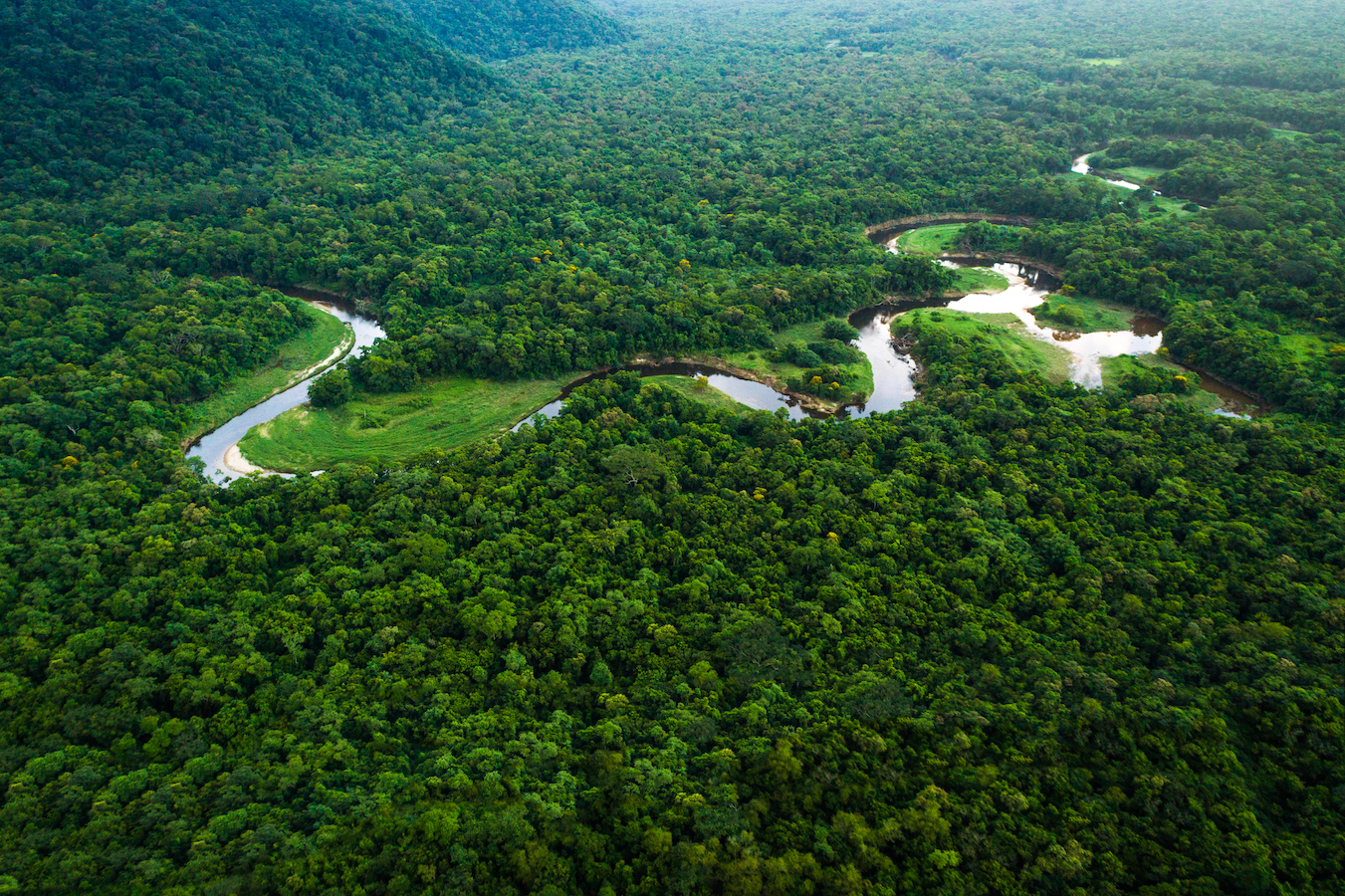Recognizing and demarcating Indigenous lands leads to reduced deforestation and increased reforestation. That’s according to a new study that looked at more than 100 Indigenous territories in Brazil’s Atlantic Forest and found that legal recognition of those lands can have real, and measurable, impacts on centuries of deforestation.
“Our study contributes to an emerging body of evidence suggesting that rights-based policy for Indigenous lands can improve environmental outcomes,” said Marcelo Rauber, a co-author of the paper and researcher at the National Museum of the Federal University of Rio de Janeiro. “Known in Brazil as demarcação, the legal recognition of Indigenous peoples’ land rights provides Indigenous peoples with territorial autonomy, which support efforts to address longstanding human rights violations, land grabs, biodiversity loss and climate change.”
The Atlantic Forest stretches along Brazil’s Atlantic coast into Paraguay, Uruguay, and Argentina and once covered over 1 million square kilometers. Due to hundreds of years of deforestation, the Atlantic Forest has been reduced to less-than a tenth of its original size — a fragmented collection of forest spread across nearly 200 Indigenous territories, most of which do not have legal recognition, and urban areas, including Rio de Janeiro.
The SOS Mata Atlântica Foundation, an organization working to restore the forest, says what remains of the Atlantic is home to more than 20,000 species — 6,000 of which do not live anywhere else in the world — and contains nearly 25 percent of all threatened species in Brazil. It is also a key source of water for cities and communities nearby but has been deforested at a much higher rate than the Amazon.
Researchers found that formalized land tenure and territorial recognition was necessary for improved forest outcomes; however, most Indigenous land in Brazil lacks that legal status. Since 2012, only one territory in the Atlantic Forest’s study sample has been granted demarcation status, and while many communities have begun the process, official recognition has been slow. According to the study, that has a real impact on forest health.
For years, researchers and activists have been alarmed by former president Jair Bolsonaro’s policies, which led to a steep deterioration of environmental and Indigenous rights. Bolsonaro, who pledged not to demarcate any Indigenous land, removed environmental protections and encouraged agribusiness development that led to both murders of Indigenous land defenders and high deforestation rates. In 2020, for example, deforestation in the Atlantic Forest increased by 30 percent. “Demarcation is important, because it is not only a social issue, but also a spiritual, traditional, and cultural issue,” said Jurandir Karai Djekupe, a Guarani Mbya leader from the north of São Paulo. “It’s something that encompasses everything.”
For generations, Indigenous communities in the Atlantic Forest have sought territorial rights to fight extractive industries and land grabbers. Now, under Brazil’s new president, Luiz Inácio Lula da Silva, Indigenous communities say they may finally gain access to the legal tools necessary to protect their land, rights, and the environment. Since taking office, Lula’s administration has begun reversing many of Bolsonaro’s policies.
Rayna Benzeev, the study’s lead author, says the government must now ensure that the government agency responsible for Indigenous land, FUNAI, has the resources and political support to demarcate and protect Indigenous land throughout the country. “The new administration has an opportunity to turn this trend around by upholding the Brazilian constitution and granting Indigenous peoples with territorial autonomy and self-determination rights,” Benzeev said.
However, Jerá Poty Miriam, who is a Guarani Mbya leader from the Tenondé Porã territory, says while Indigenous communities are hopeful the new administration will keep its promises, they are committed to holding Lula accountable.
“Protecting our territory means protecting our own life because we depend on it,” said Jerá Poty Mirim. “The demarcation guarantees the continuity of those cultures that respect and protect nature.”



